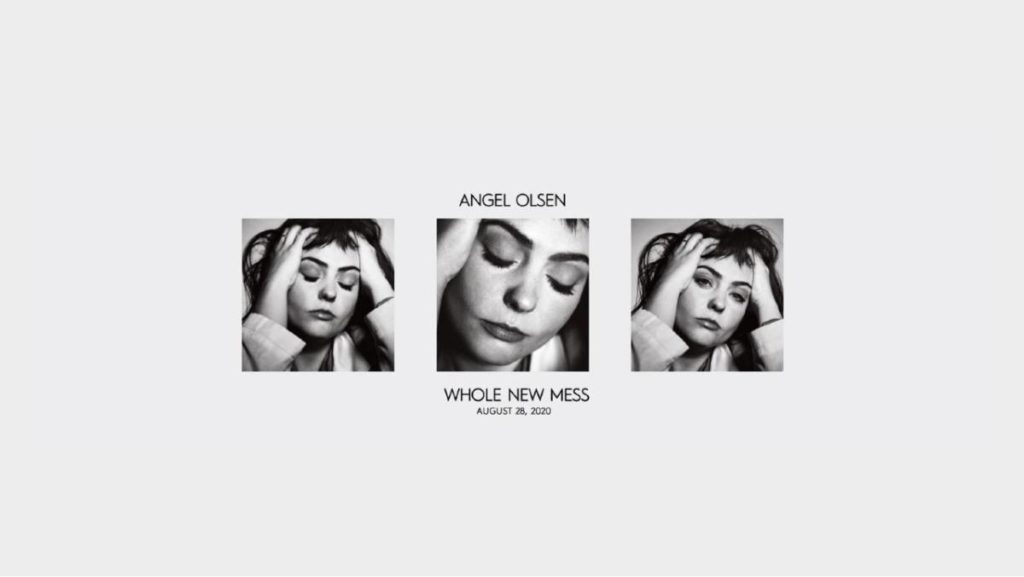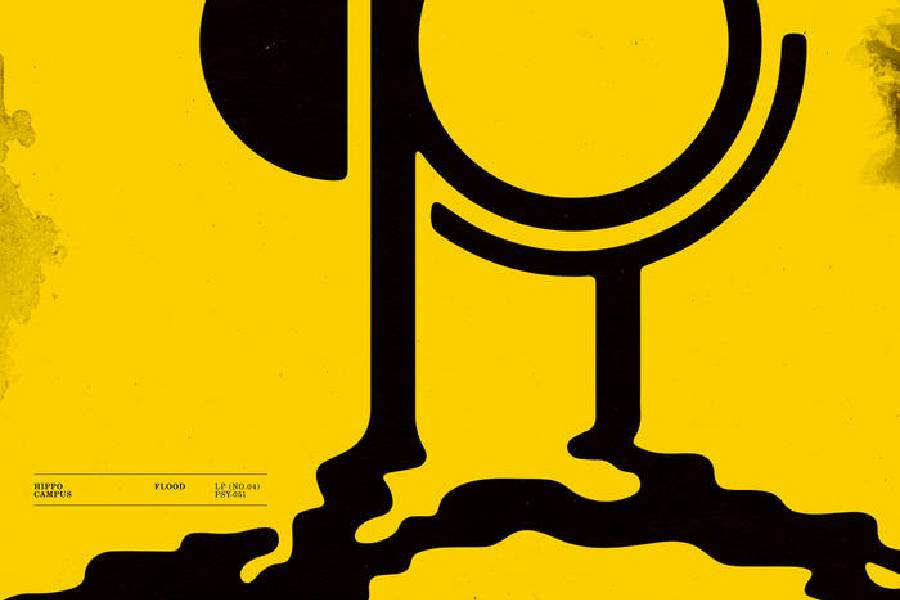“Whole New Mess,” the newest album by singer-songwriter Angel Olsen, is folk music set to self-destruct. Brimming with distortion and held together by reverb-drenched, low-fidelity recordings, every song commands attention and simultaneously sounds as if they could disappear at any moment.
Olsen rose to fame in the independent music scene throughout the 2010s. She found her voice through a series of albums blending her honest lyricism with a genre-bending, country-folk sound. “Whole New Mess” comes less than a year after her most critically acclaimed album so far, “All Mirrors.” “Whole New Mess” primarily features stripped–back versions of older songs, essentially crafting an album of self-covers with a handful of surprises thrown in. Alongside familiar tracks are a few original songs recorded in a similarly raw demo fashion. The album shows Olsen continuing to refine her sound down to its most basic elements.
The inception point for “Whole New Mess” feels like a furthering of the same ideas from “All Mirrors” rather than a retread. Placing many of these songs — namely the older tracks, “(We Are All Mirrors)” and “Tonight (Without You)” — in a new context without the original synth and string arrangements draws attention to how tender these melancholic emotions still are for Olsen. This change strips the smoke–and–mirrors show of her previous album and turns “Whole New Mess” into a heartfelt confession of a lingering sadness. If someone heard “Whole New Mess” before “All Mirrors,” it would be hard to claim that this is not how the songs were supposed to sound all along.
The driving force of Olsen’s voice is front and center in the mixing of every track. It’s entirely possible to hear her heart breaking as she croons sorrow on songs like “Waving, Smiling” and “(Summer Song).” The recording process took place across 10 days in a century–old church, emphasizing a sound that makes Olsen’s vocals appear larger than life, even in the album’s quietest moments.
The lyrical themes of the album primarily revolve around the sadness that quickly emerges in the fallout of a relationship. “Tonight (Without You)” shrouds itself in the frustrated hypocrisy of trying to move on from a close partner. “Impasse (Workin’ For The Name)” focuses on Olsen’s inability to make her side of the story known to mutual friends. These are deeply touching topics made personal through Olsen’s affectionate vocal performances. The songs revolve around a mournful sadness, and this album’s approach reveals a new facet of the wound.
Olsen’s voice is rarely accompanied by more than an acoustic guitar or grand piano on “Whole New Mess.” The instruments are distorted and emulate the sound of a cheap recording process. This gives all of the songs the direct and tangible quality of approachability to their performances. Compared to the extravagantly arranged versions present on “All Mirrors,” the instruments on “Whole New Mess” serve to accentuate her discomfort.
The greatest strengths and weaknesses are both attributed to the album’s simplicity. Across 11 tracks, Olsen delivers everything expected from a stripped–down rerecording. Most of the new songs — including “Whole New Mess” and “Waving, Smiling” — stand out individually though they blend together when presented as a whole. While it lasts, the album is an impassioned musical expression of post-breakup depression. On first listen, her organic approach to the instrumentation and dirtiness of the recording quality comes off as intimate. But over multiple listens, it becomes predictable and even somewhat stale, especially in the final couple of tracks when the album feels like it should be evolving.
The final moments of “What It Is (What It Is)” are whisked away into a silence not much quieter than the album at its loudest. “Whole New Mess” is not determined to go down as one of Olsen’s most adventurous albums. It’s rather an extension of her status as one of the foremost voices in the contemporary indie–folk scene.




















